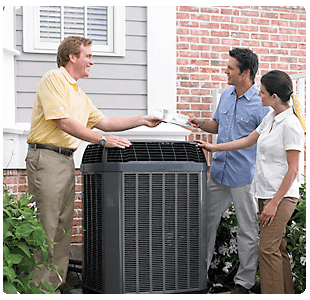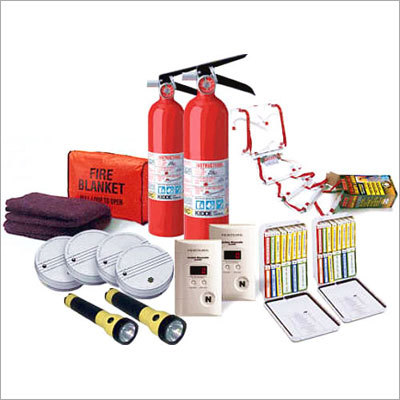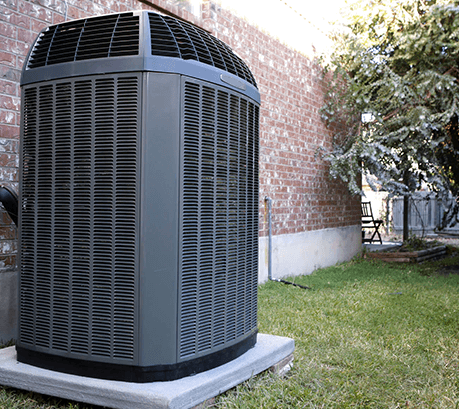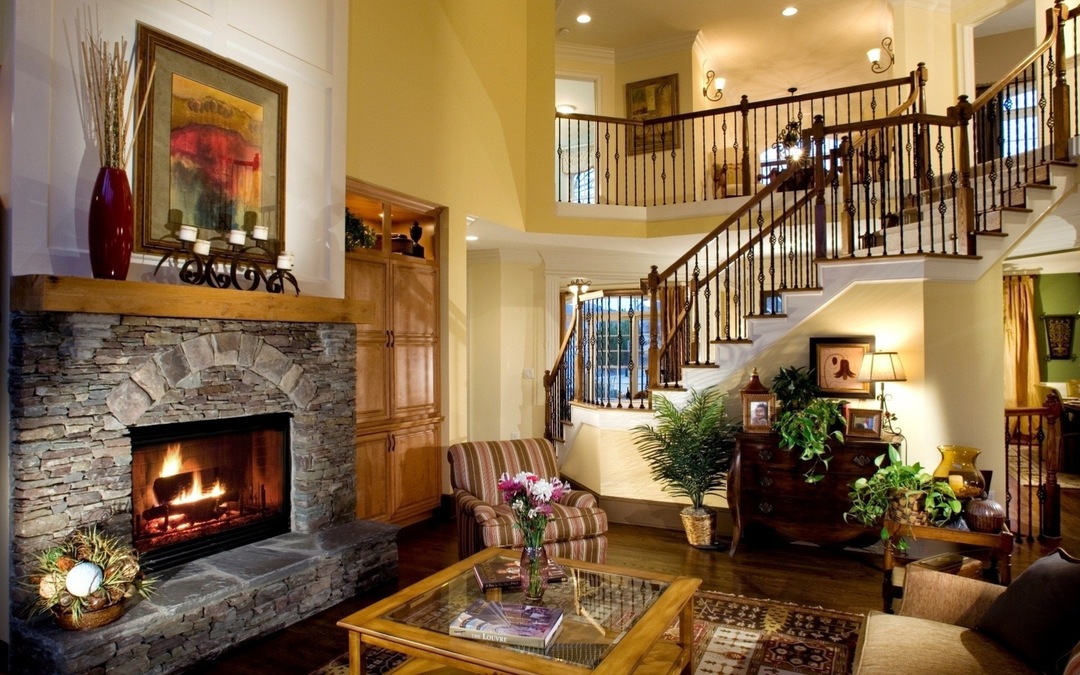Have you considered what safety measures you should have in place for protecting your family when it comes to your heating and air conditioning system? Most times heating and cooling safety issues are often overlooked when your system is running properly.

At BHMS, our comfort specialist team have put together some essential safety tips for your home:

At BHMS, our comfort specialist team have put together some common safety issues associated with heating and air conditioning system that you should be aware of:

Find below BHMS safety tips for severe weather:
